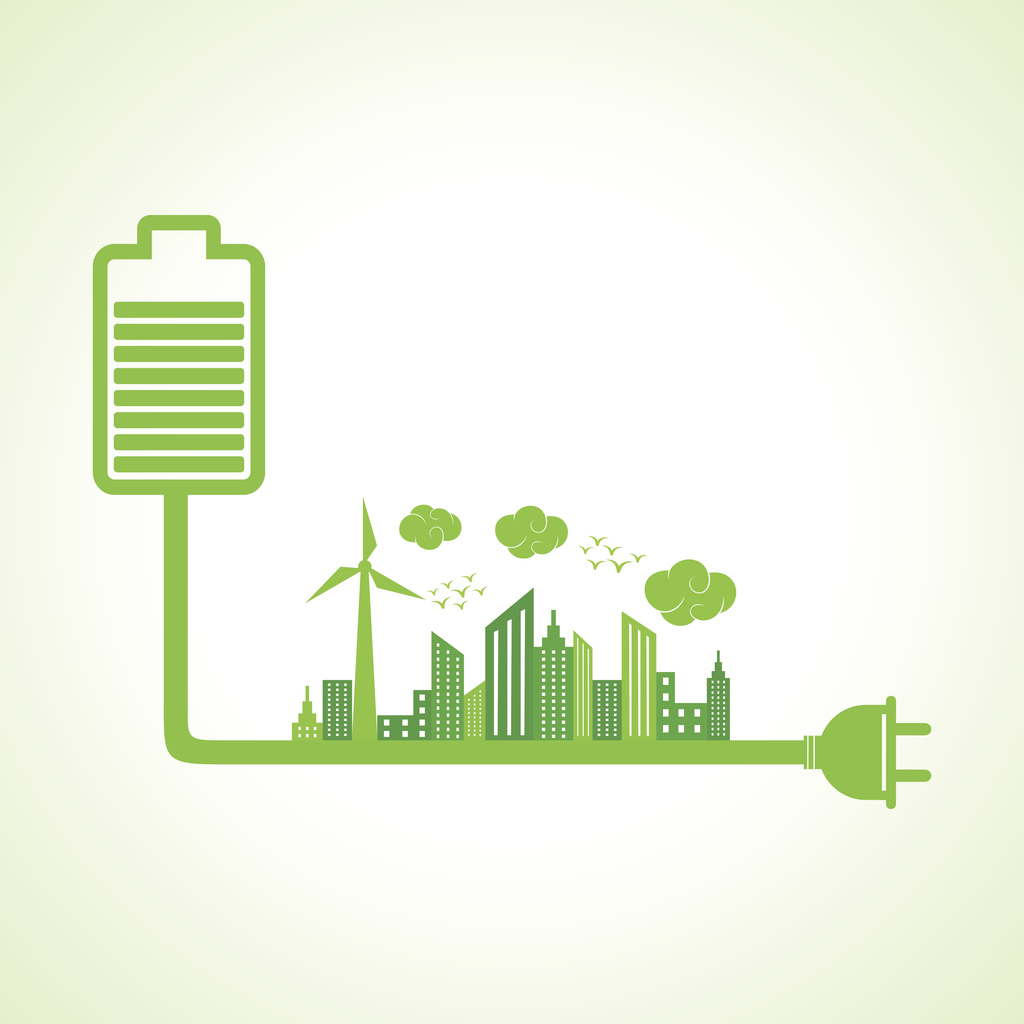 In an effort to develop an eco-friendly battery, researchers from Ulsan National Institute of Science and Technology (UNIST) have created a battery that can store and produce electricity by using seawater.
In an effort to develop an eco-friendly battery, researchers from Ulsan National Institute of Science and Technology (UNIST) have created a battery that can store and produce electricity by using seawater.
The research is expected to dramatically improve cost and stability issues over the next five years, with researchers confident about commercialization.
The driving force behind the battery is the sodium found in seawater. Because sodium is so abundant, the researchers believe that this new system will be an attractive supplement to existing battery technologies. Because the seawater battery is cheaper and more environmentally friendly than lithium-ion batteries, the team says the seawater battery could provide an alternative option in large-scale energy storage.
This from UNIST:
Seawater batteries are similar to their lithium-ion cousins since they store energy in the same way. The battery extracts sodium ions from the seawater when it is charged with electrical energy and stores them within the cathode compartment. Upon electrochemical discharge, sodium is released from the anode and reacts with water and oxygen from the seawater cathode to form sodium hydroxide. This process provide energy to power, for instance, an electric vehicle.
While seawater batteries are more cost-effective than lithium-ion batteries, they are not quite ready for commercial distribution. Part of the reason is that these batteries have relatively low electrical power. output. To overcome this, UNIST will help design a more optimized cell geometry and standardized procedures for the battery. Together with KEPCO, the research team at UNIST plans on building cells with various sizes and shapes, thereby enhancing the charge rate of the battery by 20 Wh. Generally, a small smartphone lithium-ion battery stores about 10 Wh.
“Once this battery is commercialized, we can lead the 47 trillion won worth, advanced energy storage devices market,” says Professor Youngsik, author of the study. “It will become one of the major growth engines in the future of our economy, contributing to the revitalization of the new energy industry.”

